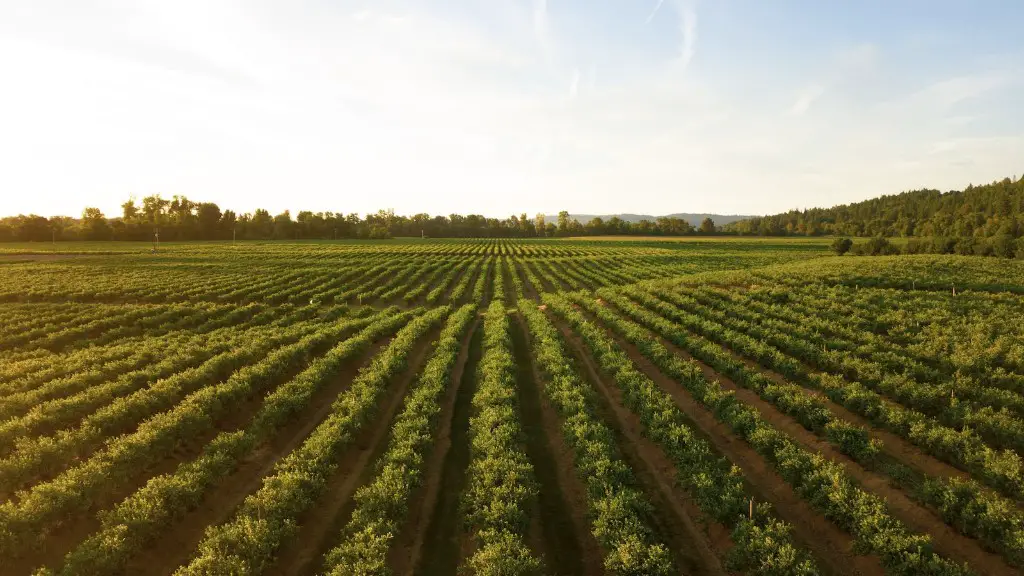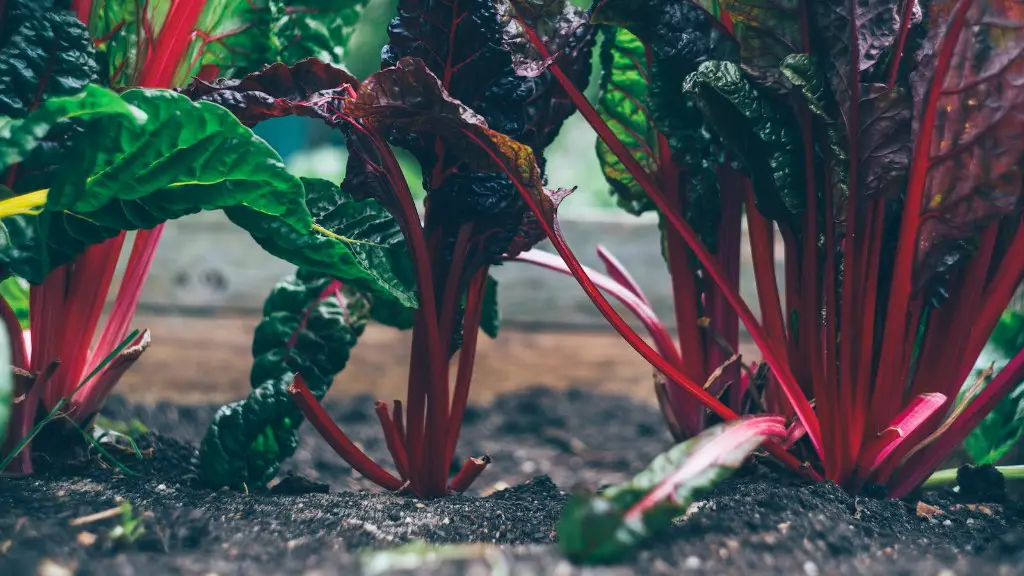Management is an important element of running a profitable agricultural business. It encompasses many aspects of the operation, from setting goals and objectives to proper resource utilization and compliance with regulations. Proper management of agricultural resources can result in improved yields, higher profit margins, better risk management, and better overall efficiency. To achieve these goals, farmers must be able to effectively and efficiently manage their own operations, and any staff associated with them. Here are some of the reasons why management is so important in agriculture.
1. Increased Production: Through proper management of resources and personnel, agricultural businesses are able to increase their production capabilities and overall efficiency. By ensuring that all employees are properly trained, adequately supported, and equipped with the necessary resources, farms can increase their output while simultaneously lowering costs.
2. Improved Quality Control: Management plays a key role in the quality control process in agricultural production, as it enables the farmers to ensure that their crops and produce are in compliance with industry regulations. Quality control procedures help to ensure that produce is safe and healthy to consume, while also optimizing crop yields.
3. Better Risk Management: Agricultural businesses are exposed to a number of risks, including weather, pest infestations, soil health, and market fluctuations. Proper management of these risks can help farmers minimize the impact of any negative events, and maximize the returns from positive events.
4. Maximizing Profits: Effective management can help farmers realize higher profits from their agricultural operations. By streamlining processes, improving efficiency, restructuring or reducing overhead costs, and making better use of resources, agricultural businesses can maximize their profits.
5. Enhanced Collaboration: Collaboration between farmers and other stakeholders, including suppliers, distributors, and customers, is a crucial part of agricultural operations. Effective management can help strengthen relationships with these partners, leading to increased sales and greater efficiency in the long run.
Better Environmentally-friendly Practices
Management plays a key role in encouraging farms to adopt environmentally-friendly practices. By monitoring operations, analyzing trends and data, and ensuring that processes are in compliance with environmental regulations, farmers can reduce their impact on the environment, increase their sustainability credentials, and improve the overall health of the region’s ecosystems.
Improved Working Conditions
Management also plays an important role in ensuring that working conditions on farms are safe and free of exploitation. Enforcing proper regulations and providing workers with quality training and safety equipment can help foster a better working atmosphere, improve morale, and ensure that farms are abiding by health and safety regulations.
Better Financial Management
Proper financial management is essential for the successful running of any agricultural business. Farmers must adhere to proper accounting principles, monitor financing and budgeting activities, and maintain a clear vision of the company’s financial situation in order to ensure profitability and optimize their resources.
Better Decision-Making
Management can also facilitate better decision-making on a farm. Furthermore, with access to proper information and data, farmers can make informed decisions on how to best utilize their resources, reducing the chances of making costly missteps. By collecting and analyzing data from different operations and scenarios, farmers can develop strategies to achieve their goals.


